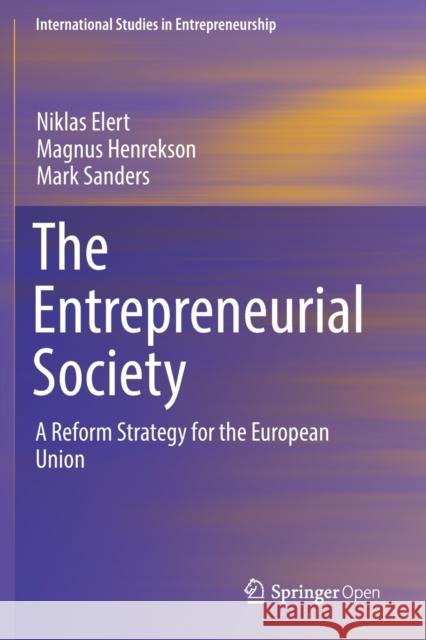The Entrepreneurial Society: A Reform Strategy for the European Union » książka
topmenu
The Entrepreneurial Society: A Reform Strategy for the European Union
ISBN-13: 9783662595886 / Angielski / Miękka / 2020 / 173 str.
The Entrepreneurial Society: A Reform Strategy for the European Union
ISBN-13: 9783662595886 / Angielski / Miękka / 2020 / 173 str.
cena 201,24
(netto: 191,66 VAT: 5%)
Najniższa cena z 30 dni: 192,74
(netto: 191,66 VAT: 5%)
Najniższa cena z 30 dni: 192,74
Termin realizacji zamówienia:
ok. 22 dni roboczych.
ok. 22 dni roboczych.
Darmowa dostawa!
This open access book builds on the European Union’s (EU) Horizon 2020 project ‘Financial and Institutional Reforms for an Entrepreneurial Society’ (FIRES). The authors outline how Europe can move towards more inclusive, innovative and sustainable growth through reforms that will rekindle its entrepreneurial spirit. Based on decades of research and countless discussions with stakeholders, the book also features the FIRES project’s full list of policy interventions and institutional reforms that can help policymakers make that agenda a reality.











